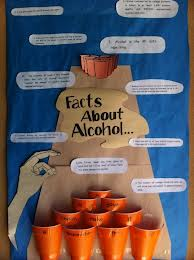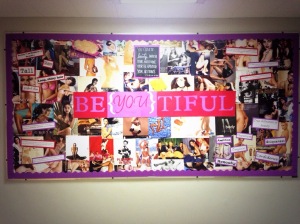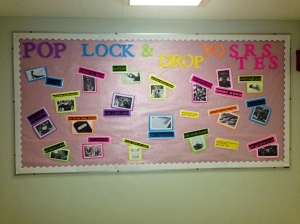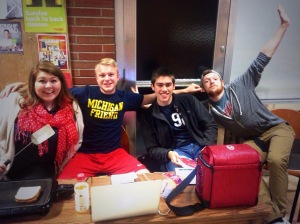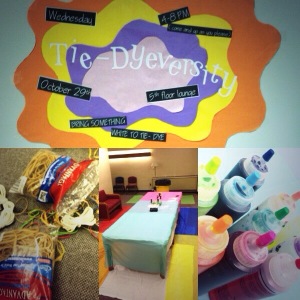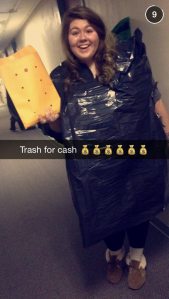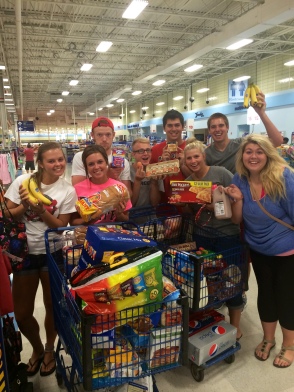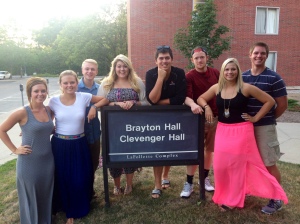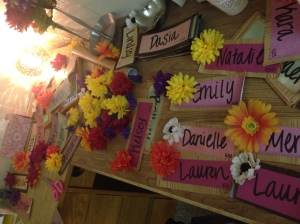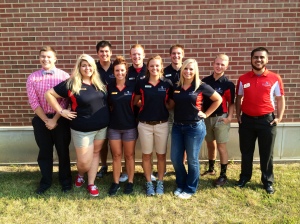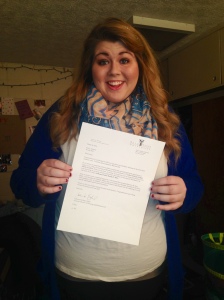A day in the life of an RA can be pretty eventful depending on the day. An RA might have an in-service to attend, a program to prepare for, a bulletin board to do and much, much more! We as RAs have to attend an in-service twice a semester. An in-service is any event Ball State holds that can be beneficial for an RA to attend. RAs receive a list of in-services that are available. For example, when Rev. Run came, that would have counted as an in-service, just as getting SafeZone trained is also an option. Bulletin boards are typically how RAs can be the most creative. We have to change one of our bulletin boards each month and try to make our bulleting boards accommodate the needs of our residents. Bulletin boards are a fun, creative, interesting and passive way to get information to your residents. Bulletin boards can cover most any topic including; alcohol facts, stress management, sexual assault and rape, safe sex and so on.
Programs are also a great way to engage your community in a fun yet informative way. If you have a program, there is so much prep that is needed. The purpose of a program is again, get information to your residents in a creative way. A good program tip is IF YOU BRING FOOD, THEY WILL COME. Besides formulating the content to your program, logistics are very important. You have to chose a location large enough to fit enough people and also make sure choose an appropriate time for more residents to come. Duty is another important part of the RA job. Whoever is on duty is essentially responsible for ensuring the building is running smoothly for the night. Duty rounds, or building walks, should happen about every two hours until midnight, or 2 AM on the weekends. During these rounds RAs check to make sure kitchens are locked, and also making sure no policies are being violated. Part of being on duty is being on call from 7 PM to 7 AM. That means you cannot leave the building during those times, and if there are any problems you are the first to be called. Fundraisers are also common in this position. Each staff is required to go on a staff retreat each semester, and the staff is in charge of raising funds. Typical fundraisers are Trash for Ca$h, Pie Your RA, and selling grilled cheese.
Staff Meetings are a time each week that the full staff gets together to discuss the upcoming week. Any building concerns or updates are discussed. Functional areas give an update on their status. This is a time to talk about any and all important information regarding our halls. One on ones are meetings that also occur every week between each RA and Hall Director. During one on ones it is a great time to talk about how your community is doing or any struggles you are having. International interactions are also gone over during these meetings as well as completing sociograms.
